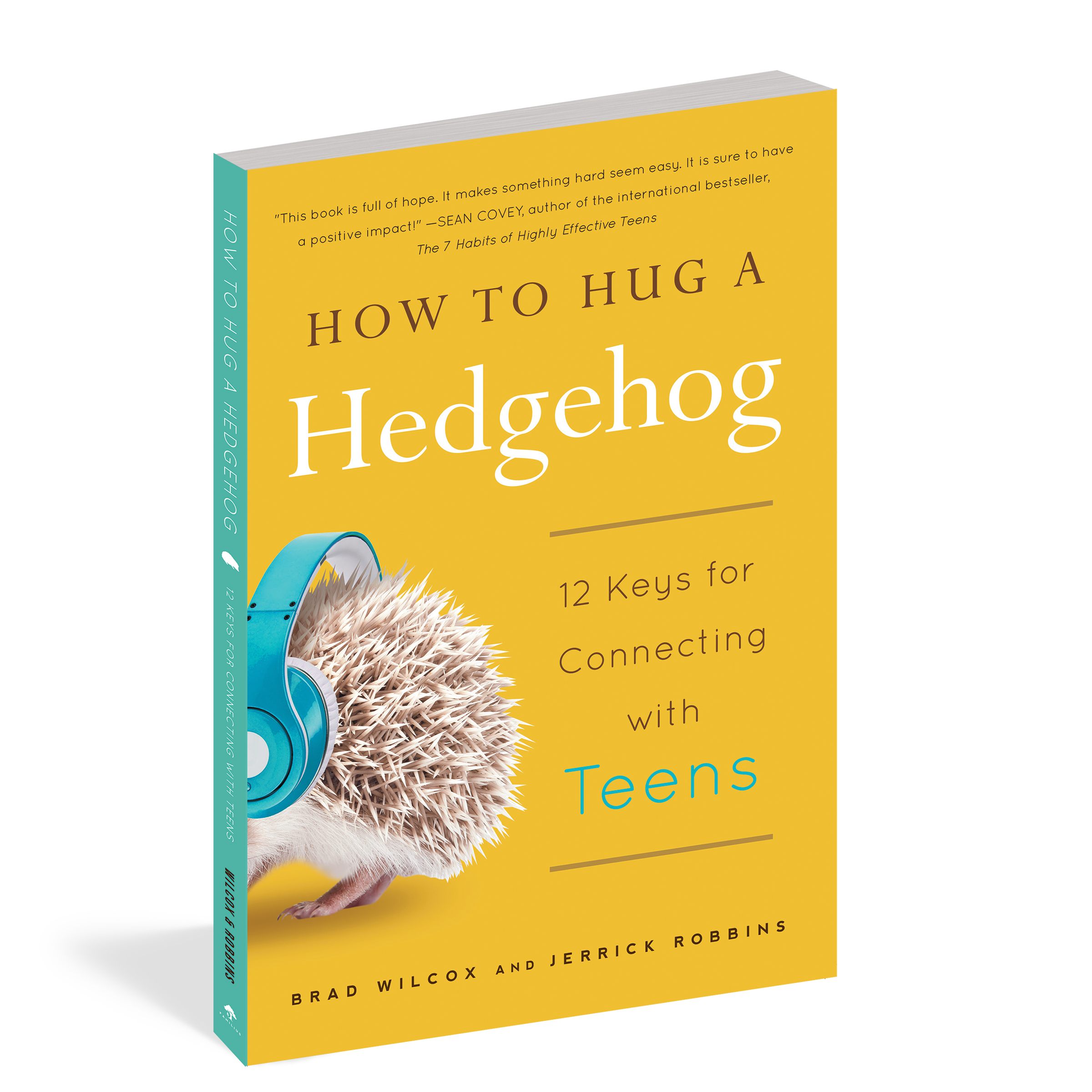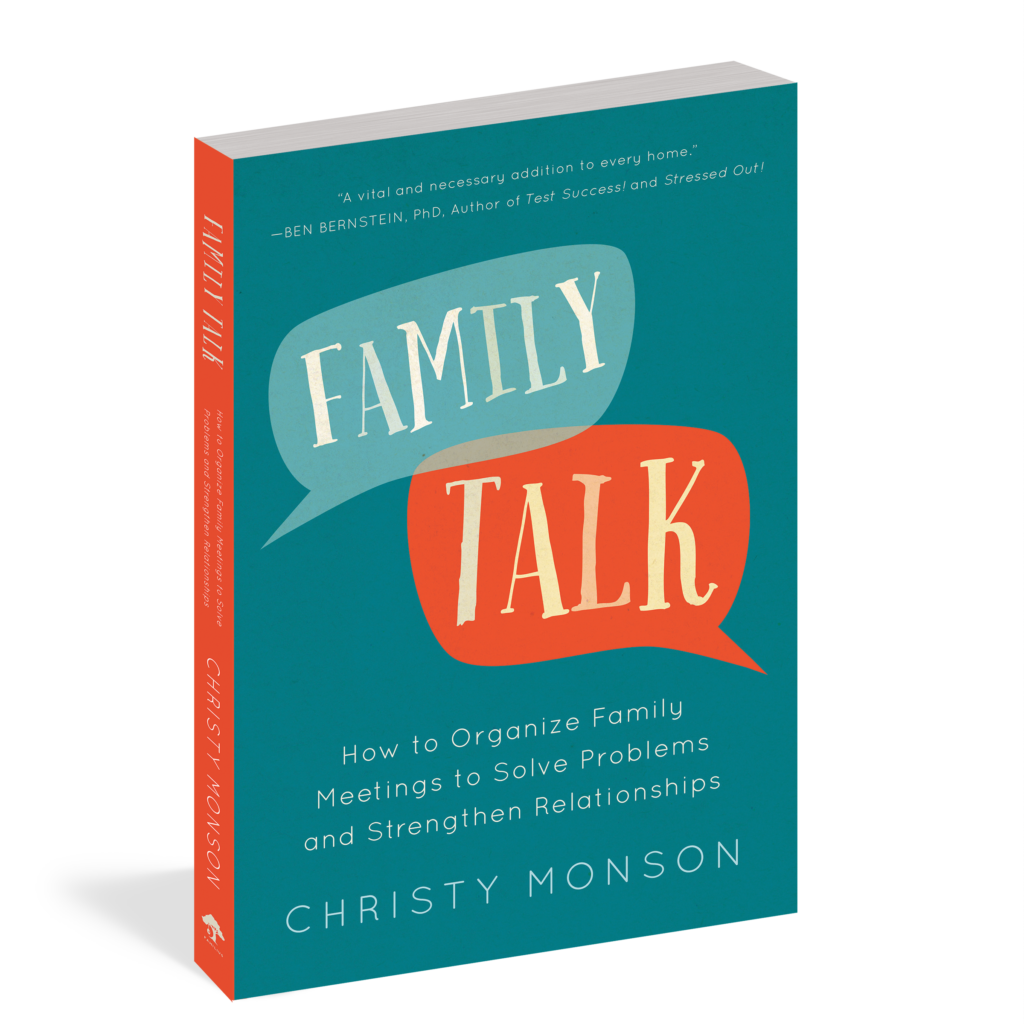
16 Slang Terms You Should Know to Stay Hip with Your Kids
Do you ever feel like your child or grandchild is speaking an alien language? Translate your conversations with these sixteen must-know slang terms.
Slang terms are one of the many reasons that every generation says language “is going to the dogs.” Any sort of language change can feel foreign, especially when we don’t understand it. So when your child comes running in the door saying words like “cap” (not the hat) and “rizz,” you start to wonder if you’re outdated and obsolete.
But it’s not time to send you to the recyclers yet. Your child’s language can easily be translated using this simple guide. In fact, many new slang terms are just revised versions of ones that you might already know.
These sixteen popular slang terms will start you on your way to understanding and communicating with kids (well, for as long as these words are in style, that is).
Pro Tip: If you really want to mess with your kids, start using these slang terms in your conversations. There’s nothing kids can’t stand more than parents (or grandparents) trying to be cool.
1. Cap / No Cap
To put it simply: cap = lie. Therefore, if you call something “cap,” you’re saying that it’s a lie, that it’s fake. In contradiction, “no cap” means “no lie.” It would have the same effect as saying “for real.” It seems that this slang term is gradually moving towards the long-form “you’re lyyyiing,” but you’ll probably still hear both out in the wild.
2. Rizz
Sounding just as suave and cool as its meaning, rizz is the newest replacement for game—as in, “You’ve got game.” You would say somebody’s “got rizz” or call them any punny variation of the word, such as “rizz king” or “rizz master,” when they are successfully charming or flirty.
3. Glow Up
A play on the phrase “grow up,” a glow up is when someone improves themselves. For example, you could decide to glow up by drinking more water, changing your style, or practicing self-care. It typically implies a noticeable improvement or upgrade in someone’s looks or confidence level. This transformation often happens gradually through personal development. However, “glow up” can also encompass improvements in social status, career, or overall well-being.
4. In my Feelings
When you’re watching a sad movie and can’t help crying, you’re “in your feelings.” This slang term often implies being deeply moved, upset, or introspective because of your personal feelings, but it can also be used ironically to acknowledge your emotions in a light-hearted, humorous way.
5. Keep It a Stack
If somebody’s going to give you $1,000, you probably want them to give you the full stack of $1,000. “Keep it a stack,” previously known as “keep it 100,” means being 100 percent honest, genuine, and truthful. When someone says this slang term, they’re urging others to provide candid, unfiltered opinions, feedback, or information without holding back or sugarcoating. Which, honestly, it’s a great way to encourage authenticity and transparency.
6. You’re Doing Too Much
“You’re doing too much,” in fact, means you’re going above and beyond—but not in a good way. (This slang term is really doing too much; you could have just said “extra.”) The point of this phrase is to let people know that they are overreacting, overcomplicating things, or are excessively involved in a situation. Essentially, it implies that they are being excessive or going beyond what is reasonable or appropriate. This phrase is often used to advise someone to calm down, take it easy, or scale back their actions or reactions.
7. No Shade
If you say “no offense” in a nicer way, is it actually less offensive? The younger generations seem to think so. “No shade” is used to preface a comment or statement to clarify that it is not intended to be insulting or critical, kind of like a disclaimer. It’s a way of expressing that what is being said is meant to be honest or humorous rather than a personal attack. Does it really work? IDK, but you might find out
8. Girl, Bye
Yes, “girl, bye” is a slang term. Yes, you can use “boy, bye” as well. And yes, they do in fact mean goodbye. Sort of. Similar to “bye, Felicia,” these slang terms are meant to express disbelief, disagreement, or disapproval towards someone or something. They’re often used in a sassy or assertive manner to express that the speaker is uninterested, fed up, or annoyed with the person they are addressing. Basically, it means the speaker is done with the interaction and wants to move on.
9. Pull Up / Send Me the Addy
“Pull up” typically means “let’s hang out” (a meaning more clearly understood in “send me the addy”). However, this slang term can also be a confrontation or challenge. For example, if someone says “pull up” in a regular social setting, they’re probably inviting their friends to come hang out. But in a tense setting, they’re probably looking for a fight. The difference between the two is the difference between an invitation and a warning.
And if you really want to confuse things, “pull up” can also refer to taking action. If someone says “it’s time to pull up,” they might mean that it’s time to get to work or to start taking steps toward their goals.
10. Ghosted
While many slang terms are fun without much function, “ghosted” has an actual purpose. It’s a way of describing the unique, very specific instance of someone abruptly ending communication without explanation or further contact. Essentially, they disappear like a ghost—without a trace. This slang term is most often used in the context of dating or forming relationships and is considered a passive-aggressive or cowardly way of ending a relationship.
11. I’m Dead (a.k.a., I’m 💀)
A bit dramatic and extreme, but thankfully not literal, “I’m dead” means that someone finds a situation so hilarious or unbelievable that it’s as if they’re unable to continue living due to laughter or shock. And this slang term is so extra (are you still with me?) that you can use it without having to clarify the context. Though I should warn you, this phrase is exclusively used in informal conversations (for obvious reasons).
12. Shots Fired
Clearly a nod to the idea of gunfire, “shots fired” is used to say that someone has made a pointed, critical statement to someone else. The metaphor here suggests that the remark is akin to a verbal attack or insult, and when someone says “shots fired,” they’re signaling that the remark was provocative or confrontational. However, this phrase can also be used in a lighthearted, teasing way among friends. Just imagine telling a “yo mama” joke and someone responding with “Ooooo, shots fired.”
13. Bet / Bet That Up
A bet is an agreement between two people, and that’s exactly what this slang term means. “Bet” is often used to mean “okay” or “agreed.” When someone responds with “bet” to a statement or proposal, it’s just a casual way of saying that they understand and accept it. Or even more generally, “bet” can be used as a standalone statement meaning “sure” or “definitely,” which is very versatile of it. But also maybe don’t use it in the office.
14. That’s Fire
You might have heard of the slang term “lit.” Well, “that’s fire” is essentially the same thing. It’s used to express admiration or excitement for something that is considered excellent, impressive, or exciting. For example, imagine trying this really amazing cake for the first time. You might say “that’s fire,” as a way of indicating that you think the cake deserves a ten out of ten. (Or you could just be talking about a Baked Alaska Flambé.)
15. Beef
If you’re old enough, you probably remember this classic. “Beef” has come back in style. If you have “beef” with someone, it usually means you have an ongoing feud or rivalry. This slang term can refer to any kind of disagreement, argument, or rivalry, ranging from personal disputes to conflicts between rival factions or gangs. But keep in mind that you can also use this great term to express a sense of dissatisfaction or resentment towards someone or something. As in, “I have beef with people who fold the corner of book pages as a bookmark.”
16. Do It for the Plot
The new and improved version of YOLO, “Do it for the plot” is often used humorously to justify making spontaneous decisions and actions for the storyline of your life. For example, if you’re contemplating whether to eat a whole pint of ice cream after dinner, a good friend might say, “do it for the plot.” Or maybe it’s about calling out sick for work or buying that standing mixer you’ve always wanted. The idea here is that you should embrace experiences, take risks, and seize opportunities without fearing consequences or regrets. (Well, maybe you should have some fear. While being reckless or impulsive can sometimes create positive changes in your life, it can also create some not-so-positive changes. So be careful with how you choose to wield this phrase.)
Discover More Ways to Communicate with Your Kids

How to Hug a Hedgehog

What Would Gen-Z Do?

Family Talk
Shaelyn Topolovec earned a BA in editing and publishing from BYU, worked on several online publications, and joined the Familius family. Shae is currently an editor and copywriter who lives in California’s Central Valley.
